Best Server for Database Handling
Content:
A robust and efficient server infrastructure is essential for handling databases effectively. Databases are critical components of modern businesses, storing and managing vast amounts of structured data. To ensure optimal performance, reliability, and scalability for your database workloads, choosing the right server is crucial. In this article, we will explore the best server options for database handling, focusing on DELL and HP (HPE) servers, and provide guidance on selecting the ideal server for your database needs.
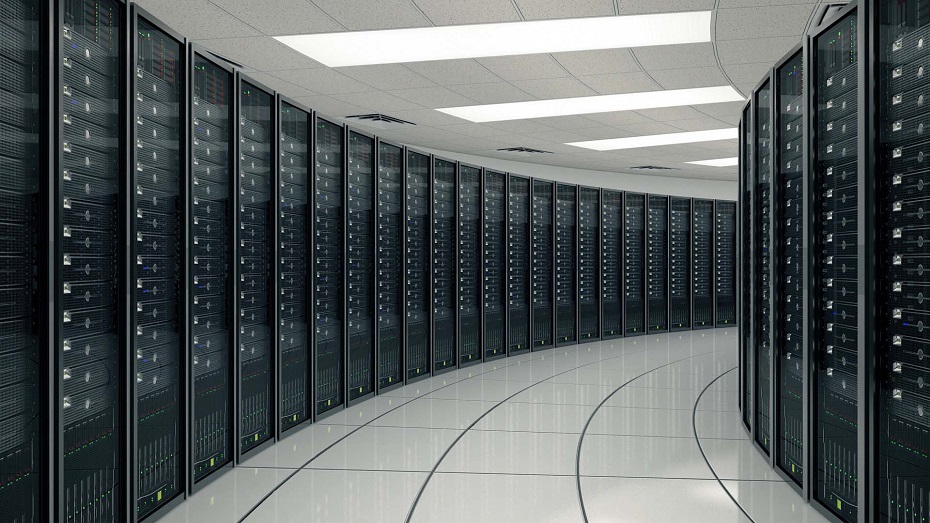
How to Choose a Server for Database Handling
When selecting a server for database handling, there are several key factors to consider:
-
Processing Power: Databases can be demanding in terms of processing power. Look for servers with powerful multi-core processors, such as Intel Xeon or AMD EPYC, to handle the workload efficiently. Consider factors such as clock speed, cache size, and support for advanced instruction sets to ensure optimal performance.
-
Memory Capacity: Databases rely heavily on memory for caching frequently accessed data and improving overall performance. Choose servers with ample memory capacity to accommodate the size of your databases and handle concurrent queries effectively. Consider DDR4 or higher RAM modules for faster data access.
-
Storage Options: Database handling often requires fast and reliable storage. Look for servers that support solid-state drives (SSDs) or NVMe drives, as they offer superior performance compared to traditional hard drives. Consider the capacity, IOPS (Input/Output Operations Per Second), and RAID support to ensure data redundancy and efficient storage management.
-
Scalability: The ability to scale your database infrastructure is crucial for accommodating future growth. Choose servers that offer expansion options, such as additional drive bays, PCIe slots, or memory slots, to meet your evolving database requirements.
Best Server Vendors
DELL and HP (HPE) are reputable server vendors known for their reliable hardware solutions. Both companies offer a wide range of servers designed for database handling and have a strong presence in the market.
3 Best DELL Servers for Database Handling
DELL PowerEdge R940
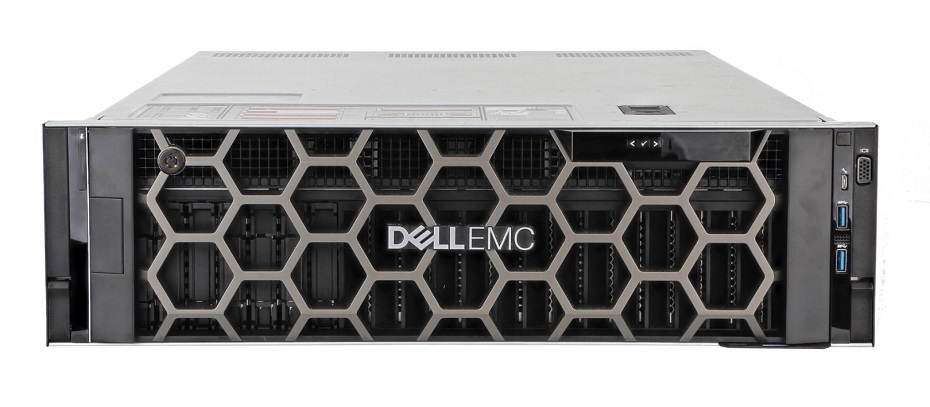
The PowerEdge R940 is a high-performance rack server designed for database-intensive workloads. It features powerful processors, massive memory capacity, and excellent storage options. The R940 offers advanced management features, redundant power supplies, and high availability, making it an excellent choice for handling large-scale databases.
DELL PowerEdge R740xd
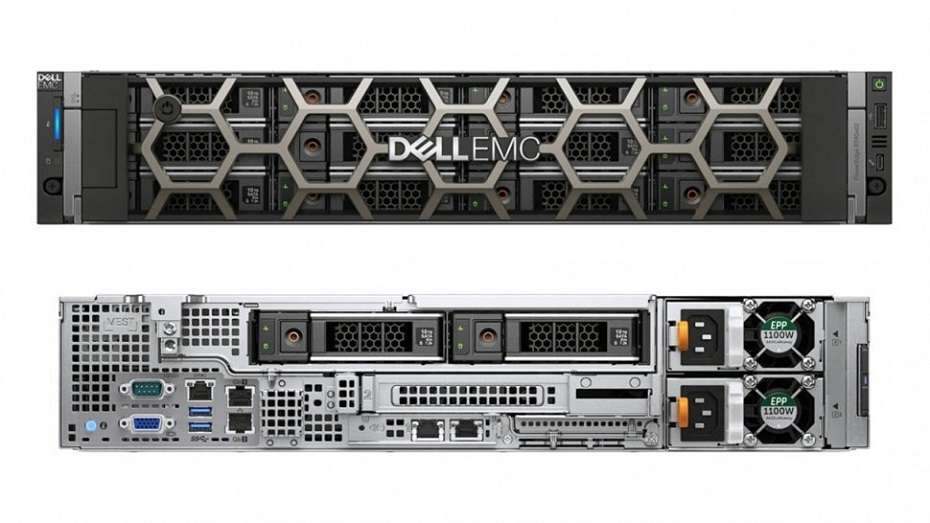
The PowerEdge R740xd is a versatile rack server that offers a balance of compute power, storage capacity, and scalability. It supports a large number of drive bays, providing ample storage for database files. The R740xd features robust processing power, high memory capacity, and advanced RAID options, making it well-suited for database handling.
DELL PowerEdge R640

The PowerEdge R640 is a compact and efficient server that delivers powerful performance for database workloads. It offers a blend of processing power, memory capacity, and storage options in a 1U form factor. The R640 features advanced management capabilities, redundant power supplies, and high-speed networking, making it suitable for small to medium-sized databases.
3 Best HP (HPE) Servers for Database Handling
HP ProLiant DL580 Gen10
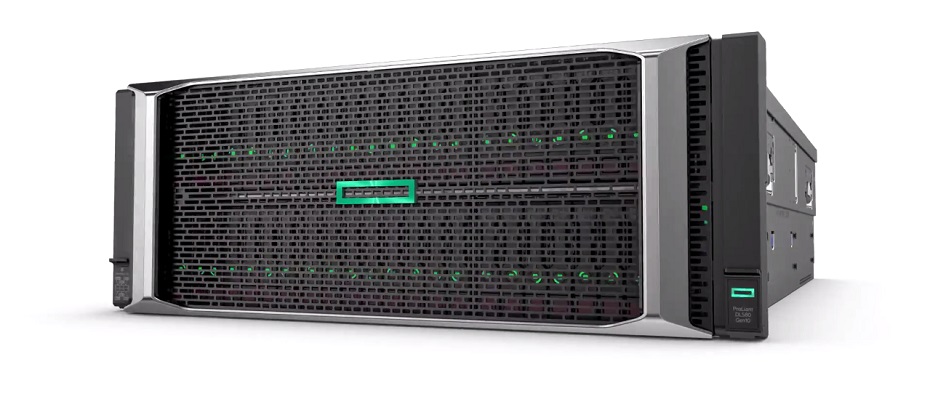
The ProLiant DL580 Gen10 is a highly scalable and powerful rack server designed for database handling. It offers excellent processing power, expansive memory capacity, and advanced storage options. The DL580 Gen10 features advanced management features, redundant power supplies, and high availability, making it an ideal choice for large-scale databases.
HP ProLiant DL360 Gen10

The ProLiant DL360 Gen10 is a compact and efficient server that delivers performance and reliability for database workloads. It offers powerful processors, ample memory capacity, and flexible storage configurations in a 1U form factor. The DL360 Gen10 features advanced management capabilities, high-speed networking, and efficient cooling, making it suitable for small to medium-sized databases.
HP ProLiant ML350 Gen10
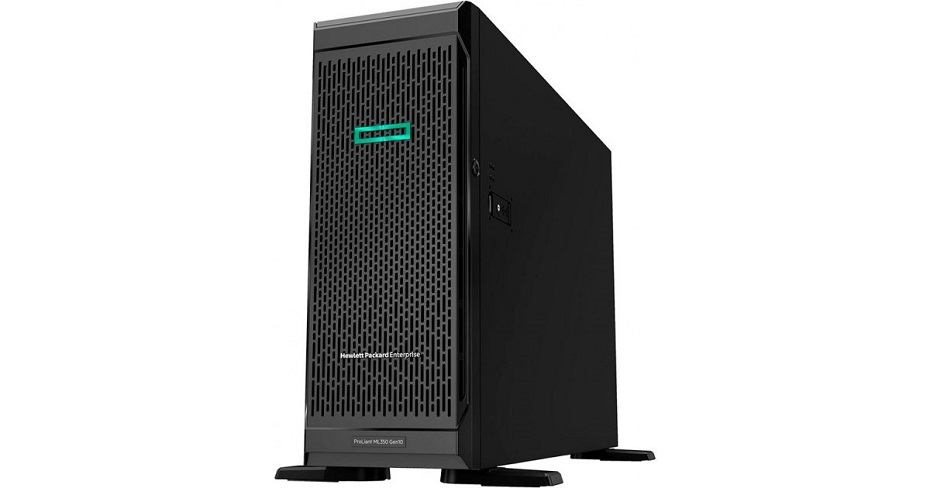
The ProLiant ML350 Gen10 is a tower server that provides scalability and performance for database handling. It offers robust processing power, ample memory capacity, and flexible storage options. The ML350 Gen10 features advanced management features, high availability options, and efficient cooling, making it a suitable choice for organizations preferring a tower server for database workloads.
Conclusion
Choosing the best server for database handling is crucial for achieving optimal performance, reliability, and scalability. DELL and HP (HPE) offer a range of servers that cater to different database requirements. The DELL PowerEdge R940, PowerEdge R740xd, and PowerEdge R640 are excellent choices, while the HP ProLiant DL580 Gen10, ProLiant DL360 Gen10, and ProLiant ML350 Gen10 provide compelling alternatives. Assess your database needs, consider factors such as processing power, memory capacity, storage options, scalability, and consult with experts to make an informed decision. A well-chosen server will ensure efficient data storage, speedy query execution, and seamless database operations for your organization.